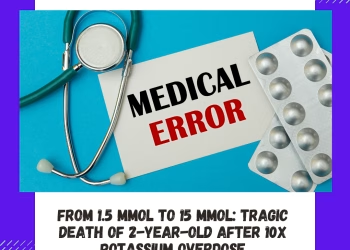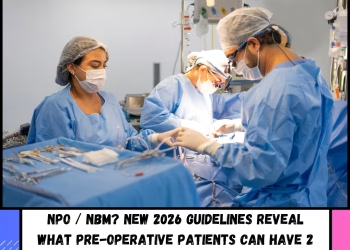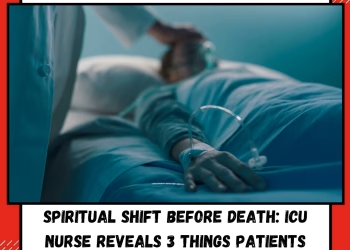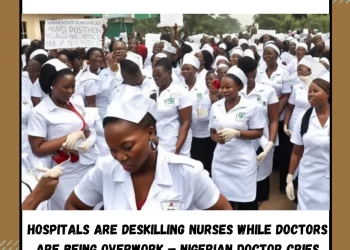
An opulent convoy of supercars and a house full of designer art made for sensational headlines. For families seeking care at Tembisa Hospital, the story has been painfully different. While luxury vehicles and lavish properties surfaced in police raids linked to alleged fraud, patients and staff at one of Gauteng’s major hospitals report shelves without drugs, wards without equipment, and lives put at risk.
This is the human angle readers want to know. It is the story behind the headlines of seized Lamborghinis and frozen bank accounts. It is the story of money meant to heal being siphoned away.
The glitter, and the gap in care
Pictures of three Lamborghini sports cars, a Bentley and a high-end boat parked at a Sandton mansion capture immediate attention. They also raise a simple question. If public money intended for medicines and medical supplies ended up financing private luxury, who pays for missing ventilators, delayed surgeries, or empty pharmacy cabinets?
Patients and frontline staff already know the answer. Clinics that should have had reliable stock lists instead rationed medicines. Operating lists were delayed. Doctors and nurses improvised. Those gaps matter because healthcare is not a ledger. It is life support.
What people want to see: accountability and recovery
Readers are hungry for two things right now. First, accountability. Who profited and how were procurement rules bypassed? Second, recovery. Will the state get funds back and will patients see the benefit?
The seizures and asset tracking are part of that answer. They are not the end. They are a start. Civil proceedings and criminal charges aim to recover misused money. But recovery is slow. What matters most to the public is whether recovered assets turn into medicine on shelves, into working diagnostic machines, into salaries paid on time.
The victims are not statistics
Beyond figures and court filings are people who have suffered. Families who could not afford private care. Mothers who waited for emergency Caesareans. Patients who could not access essential drugs. These consequences are the clearest proof that procurement fraud is not victimless.
Health workers at Tembisa have spoken about improvisation during shortages. Patients have told stories of postponed treatments. Community trust in public hospitals has eroded. That loss of trust compounds the physical harms and is harder to repair.
How did the gap appear?
The easy headlines focus on seized assets. The harder story is how money flows were diverted. Authorities say payment channels were abused through inflated contracts, phantom suppliers, and split orders that avoided proper tender processes. In practice, this looks like purchase orders without goods delivered and invoices paid for services never rendered.
That pattern makes an ugly chain possible. Funds leave the hospital account. Shell companies receive payments. Assets are purchased. The hospital receives nothing in return. In the meantime, clinical care suffers.
What must happen now
The public needs more than flashy raids. It needs systemic repair.
1. Fast recovery for patients. Prioritise returning recovered assets or cash to frontline services. Stock essential medicines now.
2. Transparent tracing. Publish clear timelines of recovered funds and how they are reallocated to care. Citizens should follow the money.
3. Stronger procurement controls. Close the loopholes that allowed fragmentation of orders and use of non-compliant suppliers.
4. Protect whistleblowers. Those who exposed irregularities must be supported and protected. They are essential to rooting out corruption.
5. Disciplinary action and prosecutions. Lower level clerks and senior officials alike must face consequences if implicated. Impunity breeds repeat offences.
A test for public institutions
This scandal is now a test for South Africa’s law enforcement and public health leadership. Asset seizures make headlines because they are dramatic. Real success will be seen when hospital wards are restocked, when patients no longer need to buy critical drugs out of pocket, and when procurement systems are demonstrably clean.
The Tembisa headlines are not only about a single man or a single mansion. They are about the fragile trust between state and citizen. They are about whether public money will buy public health or private luxury.
For families and clinicians who depended on those funds, the verdict is simple. They want medicines, functioning equipment, and the reassurance that the next emergency will be met with care rather than excuses. Until that happens, the stories of luxury cars parked on a suburban driveway will remain, at best, a bitter illustration of what went wrong.
Fellow Nurses Africa is the independent voice of African nursing, we educate, inform and support nurses across Africa.










